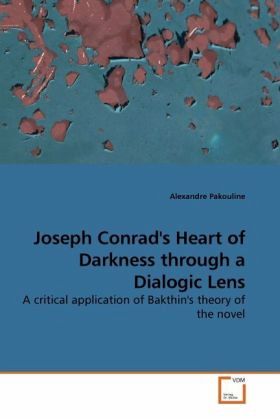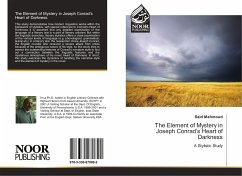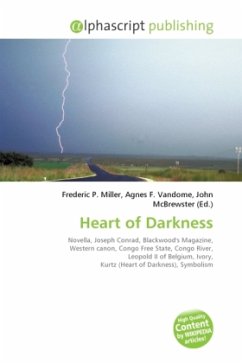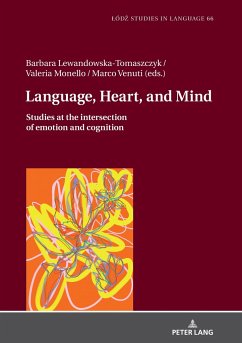
Joseph Conrad's Heart of Darkness through a Dialogic Lens
A critical application of Bakthin's theory of the novel
Versandkostenfrei!
Versandfertig in 6-10 Tagen
32,99 €
inkl. MwSt.

PAYBACK Punkte
16 °P sammeln!
The thesis conducts a thoroughgoing analysis of Conrad's Heart of Darkness by using Bakhtin's theories of the novel. The characteristics of the "form-shaping idea" and its transformation throughout the novella are discussed. The narrator voice is described as "cleft", in that Marlow deploys e.g. "low" sailorly jargon together with "high" literary language. The use of the former is further discussed in connection with the novella's "problematic", i.e. allegedly racist passages. The thesis also discusses the heterogeneous generic tissue of the text, e.g. the autobiographical strands of the narra...
The thesis conducts a thoroughgoing analysis of Conrad's Heart of Darkness by using Bakhtin's theories of the novel. The characteristics of the "form-shaping idea" and its transformation throughout the novella are discussed. The narrator voice is described as "cleft", in that Marlow deploys e.g. "low" sailorly jargon together with "high" literary language. The use of the former is further discussed in connection with the novella's "problematic", i.e. allegedly racist passages. The thesis also discusses the heterogeneous generic tissue of the text, e.g. the autobiographical strands of the narrative are analysed by looking at the proximity of the narrator's voice towards two key characters in the story: the harlequin and Kurtz. The application of Bakhtin s ideas has thus allowed to strike a balance between strictly ideological and strictly formal approaches to the text.












